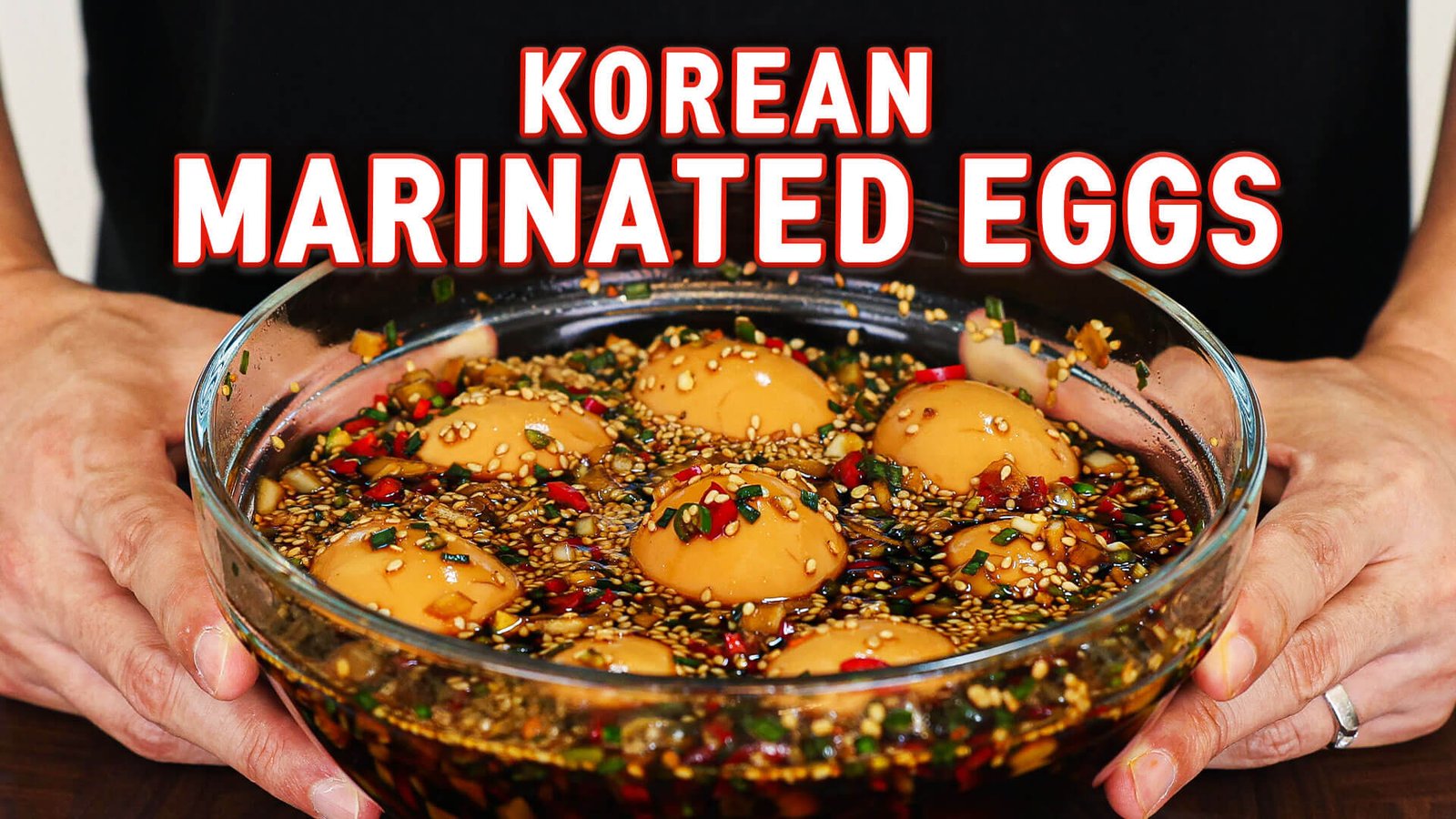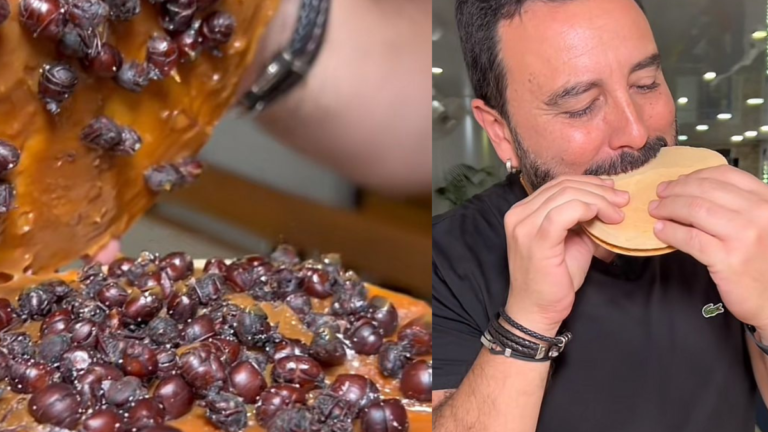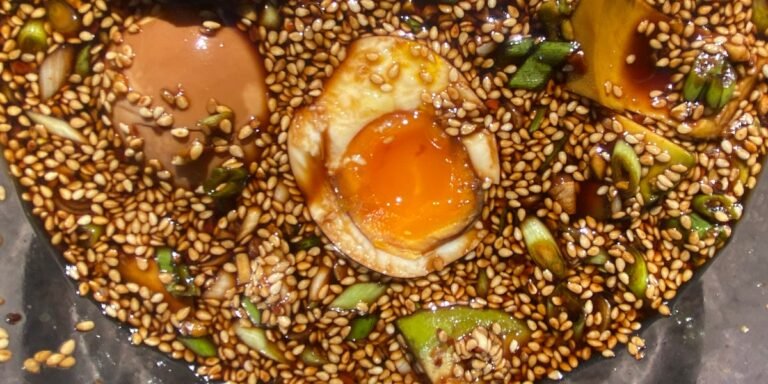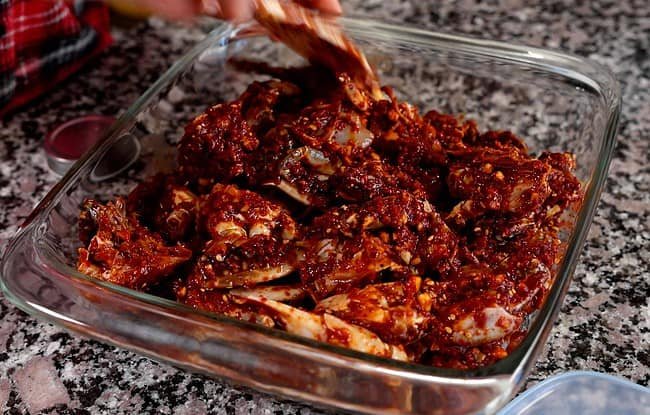Marinated Eggs: A Complete Guide to This Delicious Protein-Rich Delicacy
What Are Marinated Eggs?
Marinated eggs are hard-boiled eggs that have been peeled and soaked in a flavorful marinade, allowing them to absorb various seasonings and develop complex flavors. This culinary technique has roots in multiple cuisines, particularly in Asian cooking where marinated eggs are often served as side dishes, snacks, or added to noodle bowls and other dishes.
The History and Cultural Significance
Marinated eggs have been a staple in many cultures for centuries. In Japanese cuisine, they’re known as “ajitsuke tamago” or “ramen eggs,” while Chinese cuisine features “tea eggs” and Korean cuisine has its own variation called “mayak eggs.” These preparations showcase how different cultures have embraced and adapted the concept of marinated eggs to suit their unique taste preferences.
Benefits of Marinated Eggs
Marinated eggs offer numerous nutritional and practical advantages:
- High-Quality Protein: Each egg provides approximately 6-7 grams of complete protein, making them an excellent source of this essential nutrient
- Versatility: They can be enjoyed as a standalone snack, added to salads, or incorporated into various dishes
- Extended Shelf Life: The marinade helps preserve the eggs, extending their usefulness beyond regular hard-boiled eggs
- Customizable Flavors: The marinades can be adjusted to suit different taste preferences and dietary requirements
Basic Ingredients for Marinated Eggs
To create delicious marinated eggs, you’ll need:
- Fresh eggs (preferably not too fresh, as they’ll be easier to peel)
- Base liquid (soy sauce, vinegar, or other preferred solutions)
- Aromatics (garlic, ginger, green onions)
- Seasonings (black pepper, chili flakes, sugar)
If you’re looking for more creative recipes and cooking inspiration, visit 10for10 for additional culinary ideas and techniques.
How to Make Perfect Marinated Eggs
Step 1: Boiling the Eggs
The foundation of great marinated eggs lies in properly cooked hard-boiled eggs:
- Bring water to a boil in a medium pot
- Gently lower room-temperature eggs into the water
- Cook for exactly 6-7 minutes for jammy yolks, or 8-9 minutes for fully set yolks
- Immediately transfer to an ice bath to stop the cooking process
Step 2: Preparing the Marinade
While your eggs are cooling, prepare your marinade. Here’s a basic recipe:
- 1 cup soy sauce
- 1/2 cup mirin or rice vinegar
- 1/4 cup water
- 3 cloves minced garlic
- 1-inch piece of ginger, sliced
- 2 tablespoons brown sugar
Popular Marinade Variations
Classic Soy Marinade
This traditional Asian-style marinade creates the beloved ramen egg:
- Equal parts soy sauce and mirin
- A touch of sugar for balance
- Garlic and ginger for depth
Spicy Korean Style
For those who enjoy heat:
- Soy sauce base
- Korean red pepper flakes (gochugaru)
- Minced garlic and green onions
- A splash of sesame oil
Mediterranean Version
A unique twist on marinated eggs:
- Red wine vinegar
- Olive oil
- Fresh herbs (oregano, thyme)
- Garlic and black pepper
Storage and Food Safety
Proper storage is crucial for marinated eggs:
- Keep refrigerated at all times
- Store in an airtight container
- Consume within 3-5 days
- Never leave at room temperature for more than 2 hours
Common Mistakes to Avoid
When making marinated eggs, watch out for these pitfalls:
- Using extremely fresh eggs (they’re harder to peel)
- Overcooking the eggs before marinating
- Using too much salt in the marinade
- Not allowing enough marination time
- Storing at room temperature
Serving Suggestions
Marinated eggs can be enjoyed in numerous ways:
- As a protein-rich snack
- Sliced on top of ramen or udon noodles
- Added to rice bowls or salads
- Incorporated into bento boxes
- Served as an appetizer with drinks
Nutritional Information
Per marinated egg (approximate values):
- Calories: 70-80
- Protein: 6-7g
- Fat: 5g
- Carbohydrates: 1-2g (varies by marinade)
- Sodium: 200-300mg (varies by marinade)
Tips for Perfect Marinated Eggs
Getting the Right Texture
- Use eggs that are at least a week old
- Perfect your timing for ideal yolk consistency
- Ensure immediate ice bath after cooking
- Allow eggs to cool completely before marinating
Enhancing Flavor
- Score the whites lightly to allow better marinade penetration
- Experiment with different vinegars and seasonings
- Consider toasting spices before adding to marinade
- Allow at least 4 hours of marination time
Troubleshooting Common Issues
Eggs Are Difficult to Peel
Solutions:
- Use slightly older eggs
- Ensure proper ice bath technique
- Gently crack and roll eggs before peeling
- Peel under running water
Marinade Is Too Strong/Weak
Adjustments:
- Dilute strong marinades with water
- Reduce marination time
- Increase seasoning for weak marinades
- Adjust salt content as needed
Creative Uses for Marinated Eggs
In Asian Cuisine
- Ramen topping
- Rice bowl component
- Sushi roll filling
- Bento box protein
In Western Dishes
- Salad topping
- Sandwich filling
- Charcuterie board addition
- Breakfast protein
Conclusion
Marinated eggs represent a perfect blend of simplicity and sophistication in cooking. Whether you’re a novice cook or an experienced chef, this versatile protein option offers endless possibilities for experimentation and enjoyment. By following the guidelines and tips provided in this guide, you’ll be well-equipped to create delicious marinated eggs that can enhance various dishes or stand alone as a satisfying snack.
FAQs About Marinated Eggs
How long do marinated eggs last?
When properly stored in the refrigerator, marinated eggs can last 3-5 days.
Can I reuse the marinade?
While possible, it’s not recommended for food safety reasons. If you do reuse it, boil it first and use it within one week.
Why are my egg yolks green?
This occurs when eggs are overcooked. Reduce cooking time and ensure proper ice bath cooling.
Can I make marinated eggs ahead?
Yes, they’re perfect for meal prep and actually develop better flavor over time (within the safe storage period).
Are marinated eggs keto-friendly?
Most variations are keto-friendly, but check your marinade ingredients for sugar content.







